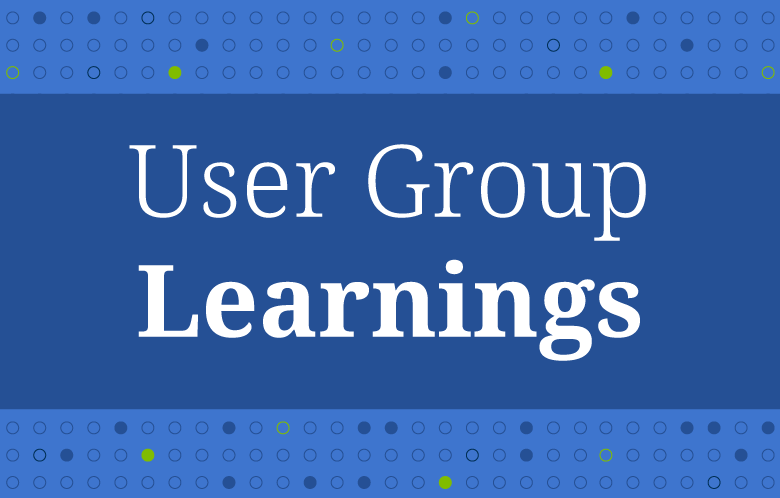Open access (OA) e-books offer many benefits to readers including immediate access to rich and unique content that can be readily shared, discussed and debated with peers. Many academic publishers are experimenting with open access models, and they are not all created equal. The challenge for libraries is finding OA resources that integrate with their workflows, include high-quality metadata and are provided by vendors that offer technical support to ensure they are discoverable to researchers.
EBSCO partners with publishers of all shapes and sizes to provide libraries with access to sustainable open access resources such as e-books on the EBSCO eBooks platform and open access models available through GOBI. EBSCO recognizes the importance of libraries offering OA e-books and we are committed to supporting this initiative by hosting OA content on our platforms, driving usage to it, extending the reach, and increasing the impact.
Whether your library is just starting to add OA e-books or looking to increase the amount you currently offer, there are some excellent options to consider.
EBSCO eBooks Open Access Collection
Launched in 2021, this growing collection of e-books from a range of scholarly publishers, provides end users with choice and access to a large selection of discoverable OA content curated by the EBSCO collection development team. All e-books in the collection are DRM-free and available at no cost on the EBSCOhost platform and are easily discoverable via EBSCO Discovery Service (EDS).
Recently this collection received an endorsement from The Charleston Advisor ranking the content of the collection with 4 1/2 out of 5 stars and the user interface and searchability with 4 out of 5 stars.
Content: **** 1/2
"There is an excellent selection of new titles related to high-demand topics such as climate change, women’s studies, urban planning, and equity issues."
User Interface/Searchability: ****
"Search and retrieval of e-book titles is excellent for current EBSCOhost subscribers who add this content to their database. Features include full-text keyword searching and full-text download. Searching and retrieval of e-book titles in the public site is basic, but it does include free article retrieval."
If your institution subscribes to the EBSCO eBooks Open Access collection, those e-books can be viewed in your collection in EBSCOhost Collection Manager (ECM) and in GOBI. Contact an EBSCO Representative to get started.
Knowledge Unlatched Open Access Collections via GOBI Library Solutions
Knowledge Unlatched (KU) provides libraries worldwide with a central place to support Open Access collections and models. More than 20 Open Access eCollections on KU's Open Research Library platform have been available for pledging since May 2023. Once the eCollection has reached a set pledge threshold determined by KU, the eCollection will become OA and available to all libraries. With this model, libraries can help fund OA e-books and help make quality OA e-books more easily available to libraries around the world. Contact a GOBI Collection Development Manager to learn more.
JSTOR Path to Open via GOBI Library Solutions
JSTOR continues its mission to help the academic community use digital technologies to preserve the scholarly record and to advance research and teaching in sustainable ways with the release of Path to Open. This multi-year pilot program began in October 2023 and provides libraries with affordable access to diverse, high-quality frontlist e-books while supporting small and medium university presses in open access publishing. The collection will grow over time and the books will be converted to open access three years after publication in an effort to better support publishers, authors, institutions and readers worldwide. Contact a GOBI Collection Development Manager to learn more.
Open access e-books offer libraries an opportunity to expand their collections, improve accessibility, and support a wide range of educational and research initiatives. They are an important component of modern library services, helping libraries fulfill their mission of providing equitable access to information and knowledge.



